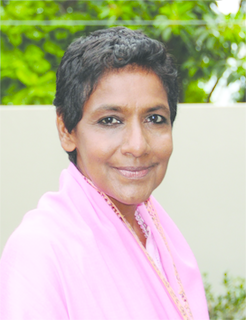A Quote by Karen Duffy
A lot of people asked me if it was frustrating not having a clear specific diagnosis, but I didn't mind, I just chose the most optimistic diagnosis.
Related Quotes
The diagnosis that poverty, lack of education, or lack of opportunities have much to do with terrorism requires a fundamentally optimistic view of human nature. This diagnosis leads to the prognosis that all we need to do to solve the terrorism problem is to create societies that are less poor, better educated and have more opportunities.
As the diagnosis of autism is increasing the diagnosis of mental retardation is decreasing. And more and more on the other end, the high end, more children who are just a little bit off, who ordinarily you would not single out now are being described as perhaps Asperger’s syndrome or on the high end of the autism spectrum, so I don’t believe there is an epidemic.
My father enabled me to really believe in myself. And yet I've heard very similar stories - from many, many people. It's the way he approached his life. The way he approached his life - he was the eternal optimist. He was the most optimistic person that I've ever known. Even in the face of this diagnosis with cancer, he was filled with optimism about what he could do and what he could accomplish.
Few diseases present greater difficulties in the way of diagnosis than malignant endocarditis, difficulties which in many cases are practi- cally insurmountable. It is no disparagement to the many skilled physicians who have put their cases upon record to say that, in fully one-half the diagnosis was made post mortem.



































